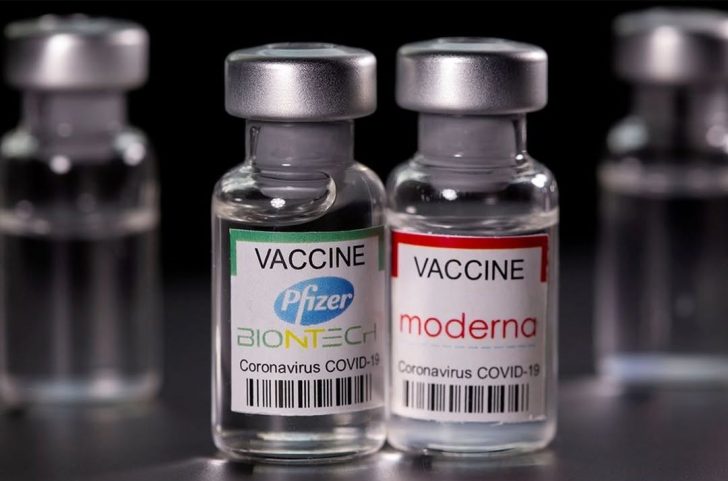The emergence of mRNA therapy has revolutionized the development of vaccines and medicines, offering groundbreaking approaches to combating diseases. Unlike traditional methods, mRNA-based treatments leverage the body’s natural processes, enabling faster and more flexible solutions. From combating infectious diseases to addressing genetic disorders and cancer, mRNA therapies are reshaping the biomedical landscape with unprecedented speed and precision.
The Basics of mRNA Therapy
Messenger RNA (mRNA) plays a crucial role in cellular function, acting as the intermediary between DNA and protein synthesis. mRNA therapies use synthetic mRNA to direct cells to produce specific proteins, triggering desired therapeutic effects. This approach differs significantly from DNA-based therapies as it avoids altering the genome and focuses solely on delivering the instructions for protein synthesis.
The ability to program cells to produce nearly any protein gives mRNA therapies incredible versatility. They are being applied in vaccines, protein-replacement therapies, and even immune treatments for cancer. This adaptability has made mRNA a focal point for research and investment in modern medicine.

@92news_official | Instagram | Vaccines like Pfizer-BioNTech’s and Moderna’s COVID-19 shots demonstrated mRNA’s ability to rapidly address global health crises.
Advancements in mRNA Vaccines
The COVID-19 pandemic highlighted the immense potential of mRNA vaccines. Traditional vaccines rely on weakened or inactivated pathogens to stimulate immunity. In contrast, mRNA vaccines deliver genetic instructions to cells, prompting them to produce antigens that trigger immune responses. This streamlined method enables faster production and easier adaptation to emerging variants.
Vaccines like Pfizer-BioNTech’s and Moderna’s COVID-19 shots demonstrated mRNA’s ability to rapidly address global health crises. Beyond infectious diseases, researchers are exploring therapeutic vaccines for cancer, where mRNA can encode tumor-specific antigens to enhance immune system responses against malignancies.
Expanding Horizons: Protein-Replacement Therapy
mRNA’s applications extend beyond vaccines to protein-replacement therapies, addressing diseases caused by missing or dysfunctional proteins. Unlike traditional protein therapies, which involve administering pre-made proteins, mRNA therapies instruct the body to produce them directly. This approach offers benefits such as longer-lasting effects and the ability to target difficult-to-reach tissues.
For example, mRNA therapies are being developed for rare genetic disorders like cystic fibrosis and metabolic diseases. These treatments aim to restore normal cellular function by encoding functional versions of defective proteins and significantly improve patient outcomes.
Overcoming Challenges in Delivery
While mRNA therapy holds promise, its success depends on overcoming key challenges, particularly delivery and stability. mRNA molecules are fragile and prone to degradation, necessitating protective delivery systems. Lipid nanoparticles (LNPs) have emerged as a leading solution, shielding mRNA and ensuring efficient delivery into cells.
Researchers are also developing tissue-specific delivery methods to target specific organs, such as the liver or lungs. Advances in LNP composition and alternative delivery mechanisms, including polymer-based systems, are enhancing the efficacy and safety of mRNA-based medicines.

Gustavo Fring | Pexels | mRNA molecules are fragile and prone to degradation, necessitating protective delivery systems.
Emerging Innovations in mRNA Technology
The next generation of mRNA therapies includes innovations like circular RNA (circRNA) and self-amplifying RNA (saRNA). These advancements address limitations such as short stability and the need for high dosages. CircRNA, for example, provides greater resistance to degradation, allowing prolonged protein production. SaRNA, on the other hand, uses replication mechanisms to amplify protein output, reducing the required dose.
These developments are expanding the potential of mRNA therapy into new areas, including regenerative medicine and genome editing. By addressing technical challenges, researchers are paving the way for broader clinical applications.
The Future of mRNA in Medicine
As mRNA technology evolves, its role in personalized medicine is becoming more apparent. Customized mRNA vaccines tailored to an individual’s genetic profile are under development for cancer immunotherapy. Similarly, advances in bioinformatics and artificial intelligence are enabling more precise design of mRNA sequences, optimizing efficacy and minimizing side effects.
mRNA therapy’s ability to address various diseases makes it one of the most versatile tools in modern medicine. As research continues, its applications will likely extend to conditions that currently lack effective treatments.




